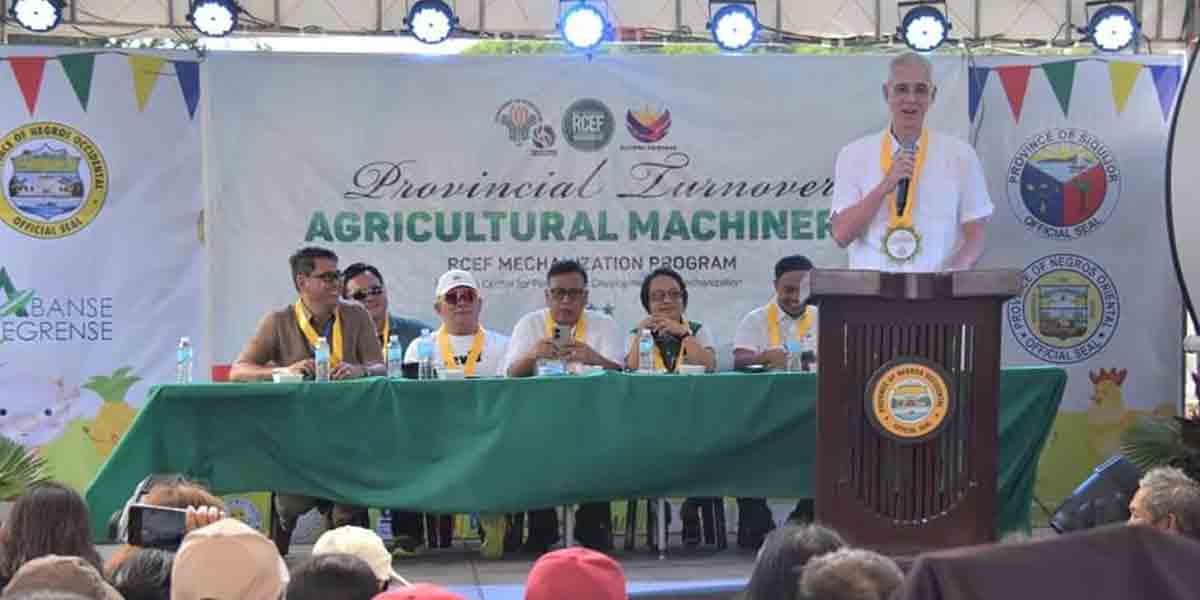
Fr. Gilbert Luis R. Centina III, OSA, an author and award-winning poet, died alone in his bed at a hospital in the northwestern city of Leon, Spain on May 1, 2020.
He was 72 years old and 47 by religious profession, according to the official bulletin issued by the Augustinian Order in Madrid, Spain.
Due to stringent local health regulations, his mortal remains were transferred in the afternoon of the same day to the municipal cemetery of Leon, where a small presence of the Augustinian community said a prayer.
ILONGGO ROOTS
Father Centina was assigned to different missions abroad, including New York City, where he became the first pastor of Filipino ancestry of Holy Rosary Church in Spanish Harlem from 2007-2010.
Fr. Centina, whose Ilonggo parents settled in Belleville, NJ after emigrating from the Philippines, also volunteered as a missionary in Iquitos, Peru, from 1976 to 1978.
The friar was also the former school chaplain of the Colegio San Agustín-Makati and assistant pastor of San José Church in Iloilo City.
He renovated San José Church as well as its bowling alley when he was appointed assistant parochial vicar and treasurer of the parish. He taught literature at the University of the Philippines-Visayas (Iloilo campus) and at Pius XII Institute of Catechetical and Social Studies under the Archdiocese of Jaro while serving as chaplain of Apostulatus Maris.
In 1983, he was briefly assigned to the Augustinian monastery which runs the Sto. Niño Basilica Minore in Cebu where he created the Augustinian library. He contributed articles to Cebu’s The Freeman and was a weekly columnist of Iloilo’s Yuhum magazine.
In Spain, he served in the Augustinian houses in Neguri and at Colegio Andres de Urdaneta in Loui around Bilbao from April 2013 to July 2019. He was last assigned at the College of Our Mother of Good Counsel in Leon.
AUTHOR AND POET
As a celebrated Catholic author and poet, his accolades include the Palanca Memorial Awards, the Philippines’ highest literary honor, in English poetry in 1974, the Focus Literary Awards in English poetry in 1982, and Catholic Authors Award in 1998 from the Archdiocese of Manila under then Cardinal Jaime L. Sin and the Asian Catholic Publishers.
His large body of work assures him a solid place in Philippine literature in English and Spanish, as well as in the rarefied field of Catholic poetry.
Critics described his work as a conscience that attacks and spares no one except the weak. It is full of intrinsic insights into humanity and its connection with a greater being. His work explores the relationship between man and his Creator, between space and time, and between the earthly and heavenly continuums of life, alongside our overwhelming shared sense of love, courage and hope.
His works include Spiritual Quest in Verse: A Literary Criticism of Ricaredo Demetillo’s Religious Poetry (2017), Plus ultra y otros poemas/Plus Ultra and Other Poems (2020), Madre España and Illustrated Poems (2019), Diptych/Díptico (2017), Getxo and Other Poems (2014), Triptych and Collected Poems (2013), Somewhen (2013), Glass of Liquid Truths (1974-1979-2013) and Our Hidden Galaxette (1970-2013).
The last seven years of his life saw an explosion of frenzied creativity that resulted in the publication of six books of poetry, a novel and a literary criticism.
He rediscovered his Spanish roots in Spain, where he began producing bilingual poetry collections and where he found a receptive and expanding audience.
Two weeks prior to his death, he completed his final and still unpublished work, Recovecos / Crevices, his third bilingual poetry collection, consisting of 350 poems in Spanish and English.
In his preface to this book, which turned out to be a prescient, if ironic, foreboding of his own mortality, he wrote: “The new coronavirus has rewritten the rules of daily life, and even our most sophisticated technologies seem powerless to stop it. as we descend into a dystopian world where no one is sure how all this will end,” adding, “this collection of poetry is my gift to those who survived the pandemic and my tribute to those who fought well and died. ”
To learn more, visit his website: www.gilbertluisrcentinaiii.com




















